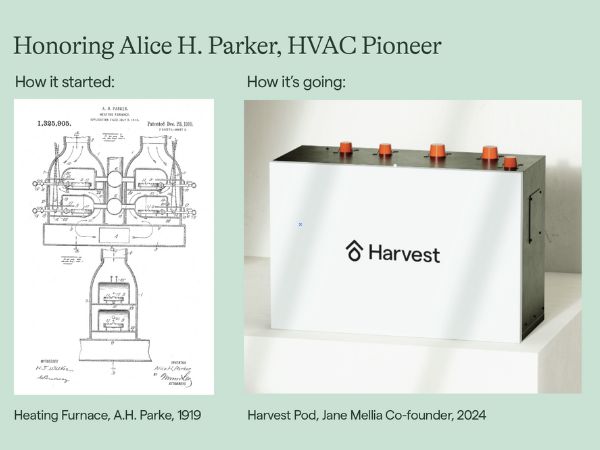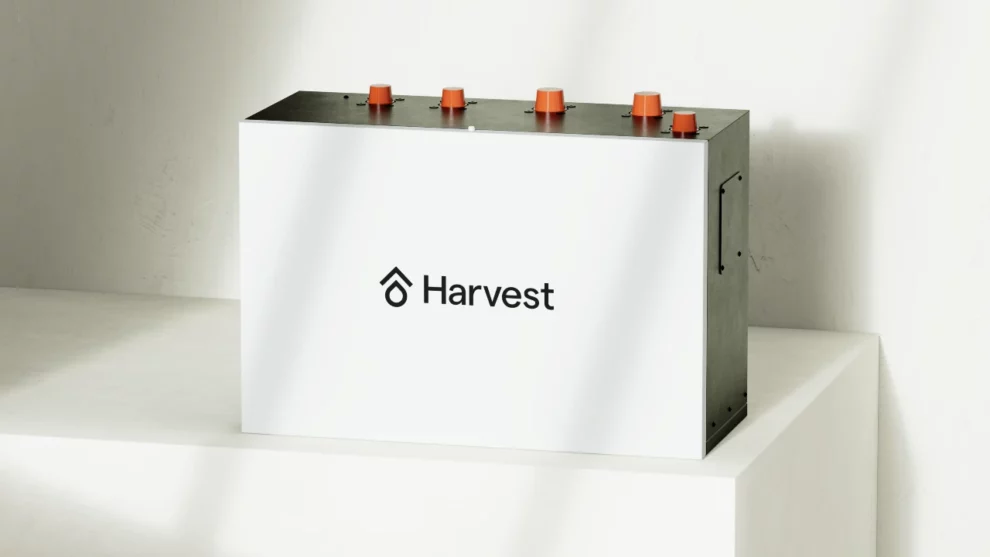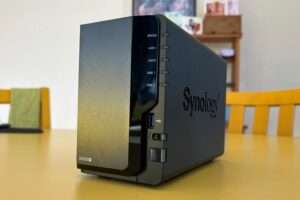Amid rising concerns about energy costs and climate change, innovative companies are stepping forward with groundbreaking solutions that promise to transform how American households heat their water and cook their meals. Leading this technological revolution are companies like Harvest Thermal and Copper Labs, whose cutting-edge products are helping homeowners slash their utility bills while reducing their carbon footprint.
Harvest Thermal, a California-based startup, has developed an integrated heating and hot water system that leverages advanced artificial intelligence to optimize energy usage. The system combines a heat pump water heater with smart controls that learn household patterns and automatically adjust operations to maximize efficiency. By storing thermal energy during off-peak hours when electricity rates are lower, the system can reduce both energy consumption and costs.
Jane Melia, CEO of Harvest Thermal, explains that their technology represents a significant advancement over traditional water heating methods. Our system thinks ahead, much like a smart thermostat, but for your hot water. It predicts when you’ll need hot water and heats it at the most cost-effective times, typically saving households between 40 to 60 percent on their water heating bills.”
The company’s innovative approach has caught the attention of both environmentalists and energy experts. According to recent field studies conducted in partnership with several California utilities, homes equipped with Harvest Thermal‘s system showed remarkable improvements in energy efficiency, with some households reporting annual savings of up to $800 on their utility bills.
Meanwhile, Boulder-based Copper Labs is tackling another aspect of home energy consumption with their revolutionary induction cooking technology. Their smart induction stoves not only provide precise temperature control and faster cooking times but also integrate with home energy management systems to optimize power usage.
Dan Forman, Copper’s Chief Technology Officer, highlights the multiple benefits of their technology: “Induction cooking is inherently more efficient than gas or traditional electric stoves, but we’ve taken it a step further. Our stoves communicate with the grid and can automatically adjust their power consumption based on electricity rates and grid demand.
The shift toward these sustainable technologies comes at a crucial time. The Department of Energy reports that water heating accounts for nearly 20 percent of home energy use, making it the second-largest energy expense in most households. Traditional water heaters, especially those powered by natural gas, not only contribute significantly to energy bills but also generate substantial greenhouse gas emissions.

Energy efficiency experts praise these innovations for their potential to accelerate the transition to more sustainable home energy solutions. Dr. Sarah Martinez, an energy policy researcher at Stanford University, notes that the combination of heat pump water heaters and induction cooking technologies could reduce a typical household’s carbon footprint by up to 70 percent while delivering substantial cost savings.
What makes these technologies particularly exciting is their ability to integrate with renewable energy sources,” Martinez explains. When paired with solar panels or other clean energy systems, they can help households achieve near-zero emissions while potentially eliminating their utility bills altogether.
The adoption of these technologies is also being boosted by various government incentives. The Inflation Reduction Act provides tax credits and rebates for heat pump water heaters and electric cooking appliances, making them more accessible to middle-income households. Some states offer additional incentives, with California leading the way through its building electrification programs.
However, challenges remain in widespread adoption. Initial installation costs can be higher than traditional systems, though manufacturers emphasize that the long-term savings more than compensate for the upfront investment. Additionally, some homeowners express concerns about the learning curve associated with new technologies, particularly when switching from gas to induction cooking.
To address these concerns, both Harvest Thermal and Copper Labs have developed comprehensive customer support programs, including installation assistance and user training. They also provide mobile apps that allow homeowners to monitor their energy usage and savings in real-time, helping them understand and optimize their consumption patterns.
Looking ahead, industry analysts predict rapid growth in the smart home energy sector. Market research firm GlobalData forecasts that the global smart water heater market alone will reach $2.5 billion by 2026, driven by increasing energy costs and growing environmental awareness.
As these technologies continue to evolve and become more affordable, they are expected to play an increasingly important role in helping households manage their energy costs while contributing to climate change mitigation efforts. For homeowners looking to reduce their utility bills and environmental impact, the future of home energy management appears both promising and increasingly accessible.
















Add Comment